Balazs Orban: The Old MIndest Is a Dead End
PM Orban's advisor acknowledged that Ivan Bába had played a major role in shaping the right-wing foreign policy doctrine after the regime change, which centered on the idea of rapid integration into the Western world. This outlook assumed that NATO and EU membership brought advantages far outweighing the costs of adaptation. For the sake of swift integration, both right- and left-wing governments were willing to make concessions.
– Balazs Orban declared, adding that today the situation is entirely different: the goal of integration has already been achieved, while the circumstances have radically changed. According to the adviser, Mr. Baba’s view rests on the outdated assumption that EU decisions continue to guarantee prosperity and security, and thus must be carried out even when they harm national interests. In contract, PM Orban made it clear that
in today's Europe, two things are missing: security and prosperity
The prime minister’s political director argued that the European Union has become a war project, and its economic decline is the consequence of miscalculated decisions. Yet many still look to Brussels as if it dictated unquestionable norms.
I do not believe this to be the case. There is a circle who does: they are the federalist left-wing liberals,
– he wrote. According to PM Orban's policy chief, in the midst of the present crisis it is precisely this mindest that is perilous, because blind obedience is not a solution but a dead end. He cites the migration pact as an example: if Hungary accepted the EU proposals, it would have to admit some 16,000 migrants every year, or pay 20,000 euros per person to other member states. In addition, it would be mandatory to maintain reception facilities, provide social benefits, and implement asylum and return decisions.
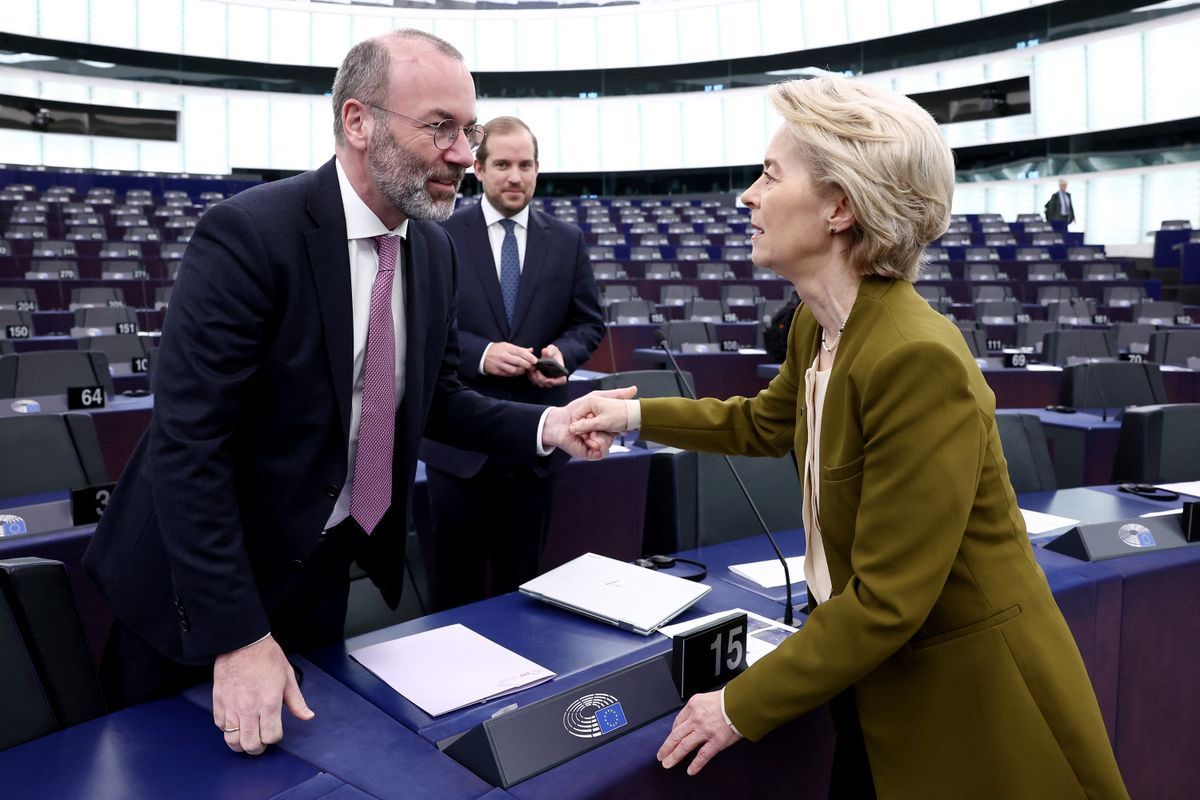

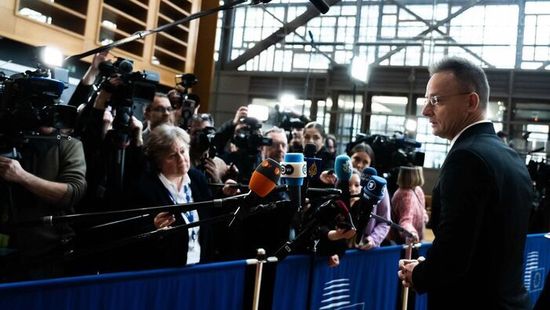
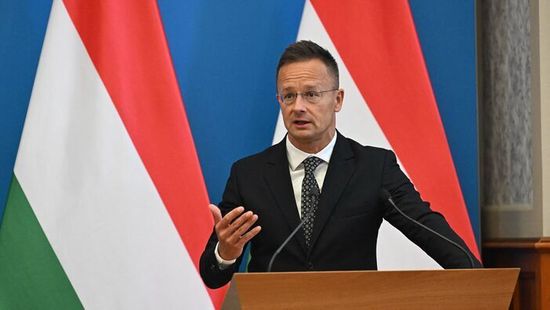





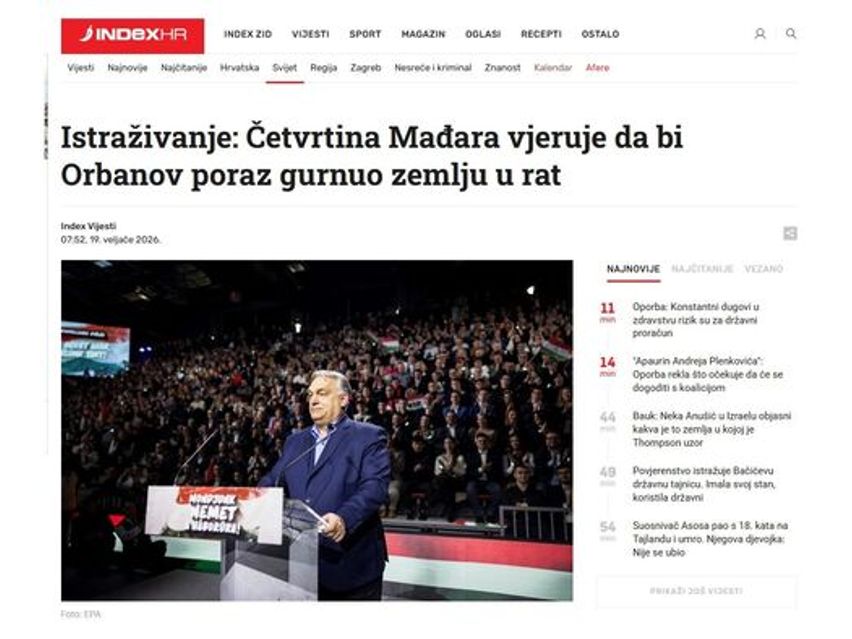


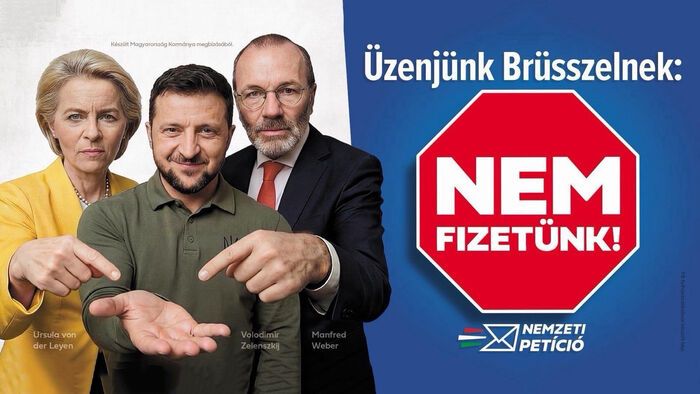

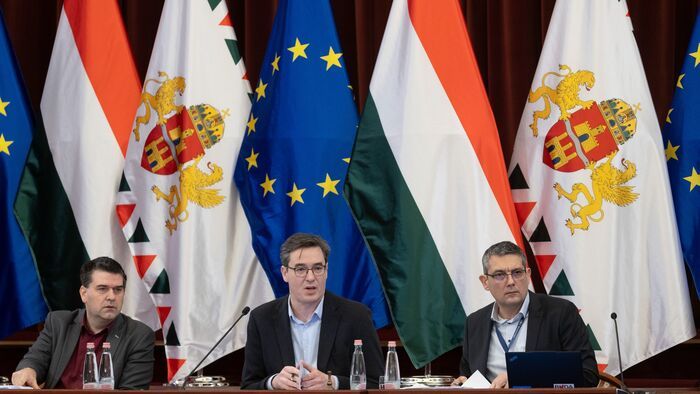
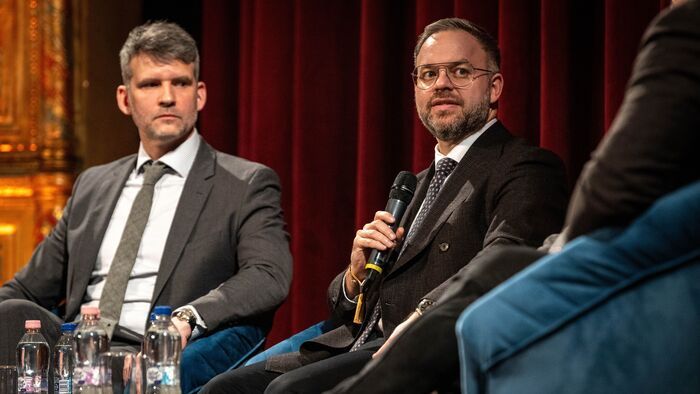

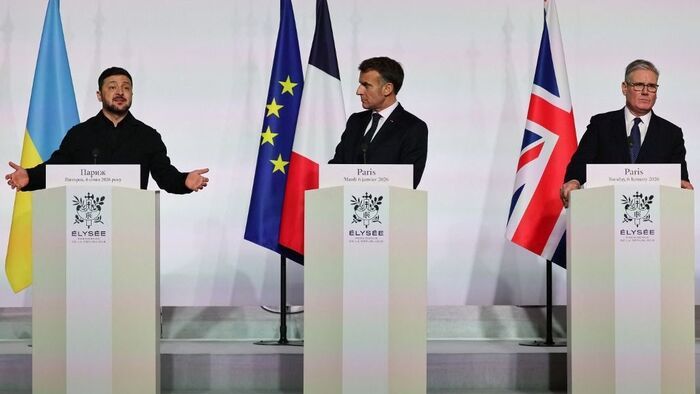
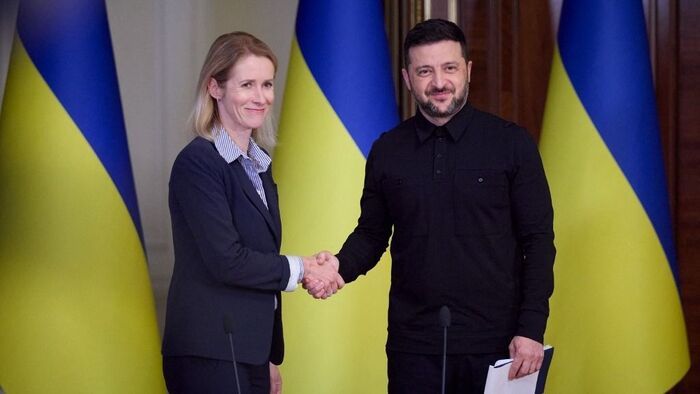

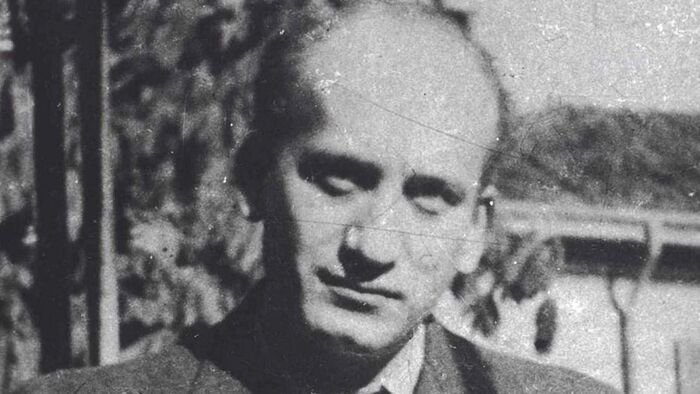
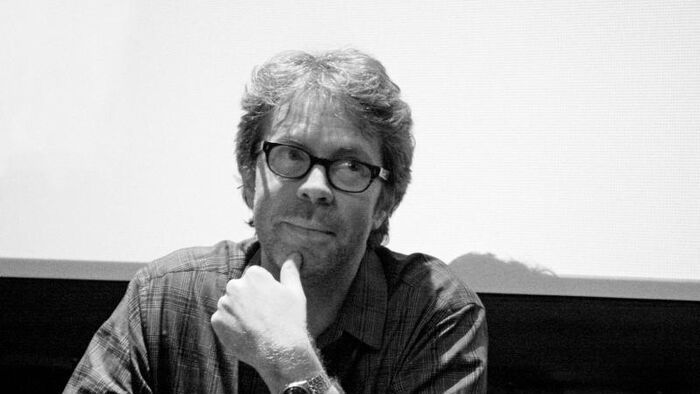


Szóljon hozzá!
Jelenleg csak a hozzászólások egy kis részét látja. Hozzászóláshoz és a további kommentek megtekintéséhez lépjen be, vagy regisztráljon!